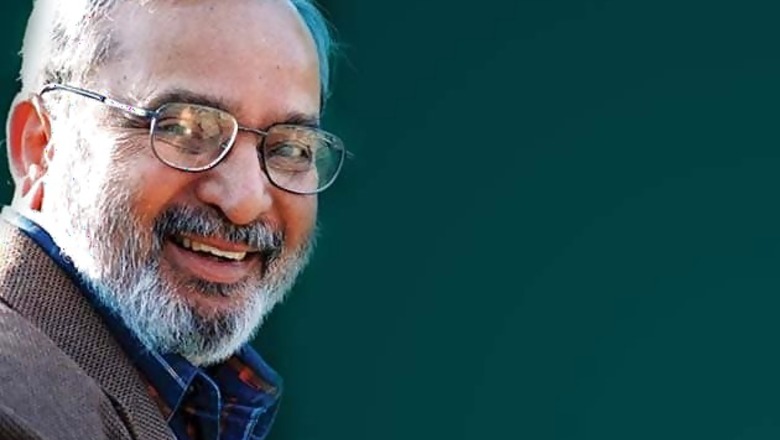
views
New Delhi: Internationally acclaimed Kannada writer and thinker Dr UR Ananthamurthy said that he did not want to live in a country ruled by Gujarat Chief Minister Narendra Modi. The 81 year old, ailing writer feels that a man like him, who always fought against authoritarian tendencies in the government cannot live in India, if Modi comes to power in the next Lok Sabha elections.
The Jnanapeeth Award recipient for the year 1994, Ananthamurthy has been a part of the socialist movement in Karnataka. Ananthamurthy was a close associate of stalwarts like Ram Manohar Lohia, Jayaprakash Narayan, Shanthaveri Gopala Gowda and many other top socialist leaders.
He has been a vocal critic of the RSS and BJP/Jan Sangh for over 50 years. Murthy who spoke to Ibnlive.com from his hospital bed in Bangalore said, "I won't live in a country ruled by Narendra Modi. When I was young, I used to criticise Prime Minister Nehru. But, his supporters never attacked us. They always respected our views. Modi supporters are now behaving like Fascists. They are behaving like the Fascists in Germany during Hitler. I don't want to see a man like Modi in the chair, where once a man like Nehru sat and ruled. I am too old and unwell. If Modi becomes the PM, it will be a big shock to me. I won't live."
Murthy had attacked LK Advani during his Rath Yathra and after the demolition of Babri Masjid.
However he had backed B S Yeddyurappa for the post of the Chief Minister on the grounds that he was cheated by the Gowdas and he is from a farming background.
Ananthamurthy has also been a part of all progressive movements that took shape in the last 50 years. He had served as President Kendra Sahitya Academy, National Book Trust, FTII Pune and Vice Chancellor of the Mahatma Gandhi University, Kottayam. He is currently the Chancellor of Central University in Gulbarga. He was one of the finalists of the Man Booker life time achievement award, earlier this year.
Murthy taught English literature at Mysore University for over three decades. He did PHD in literature from the University of Birmingham, United Kingdom in the early 1960s. His first novel 'Sanskara' had created a huge controversy in the 1960s. In this novel, he questions the rigid caste system practiced by the Brahmins.










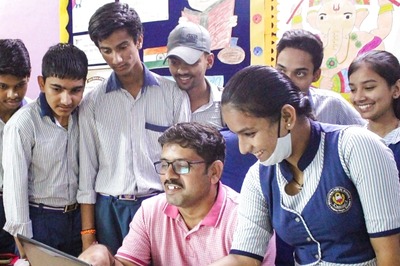



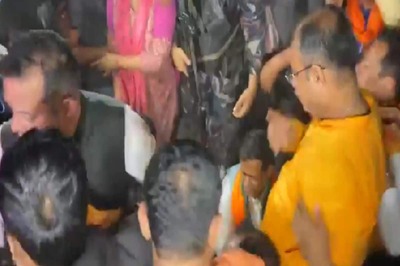


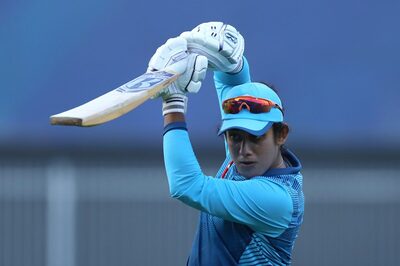
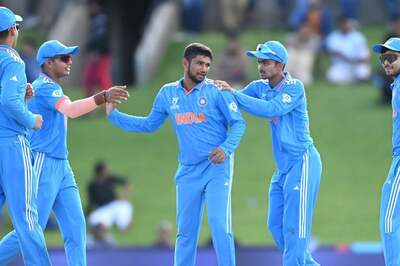
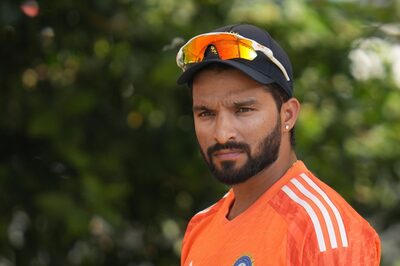
Comments
0 comment